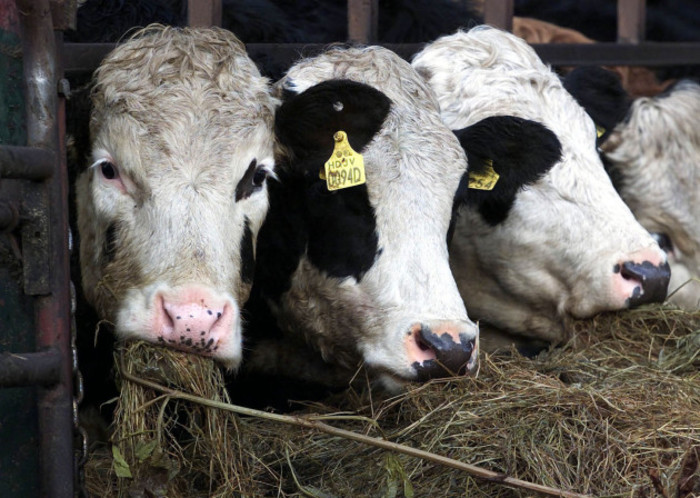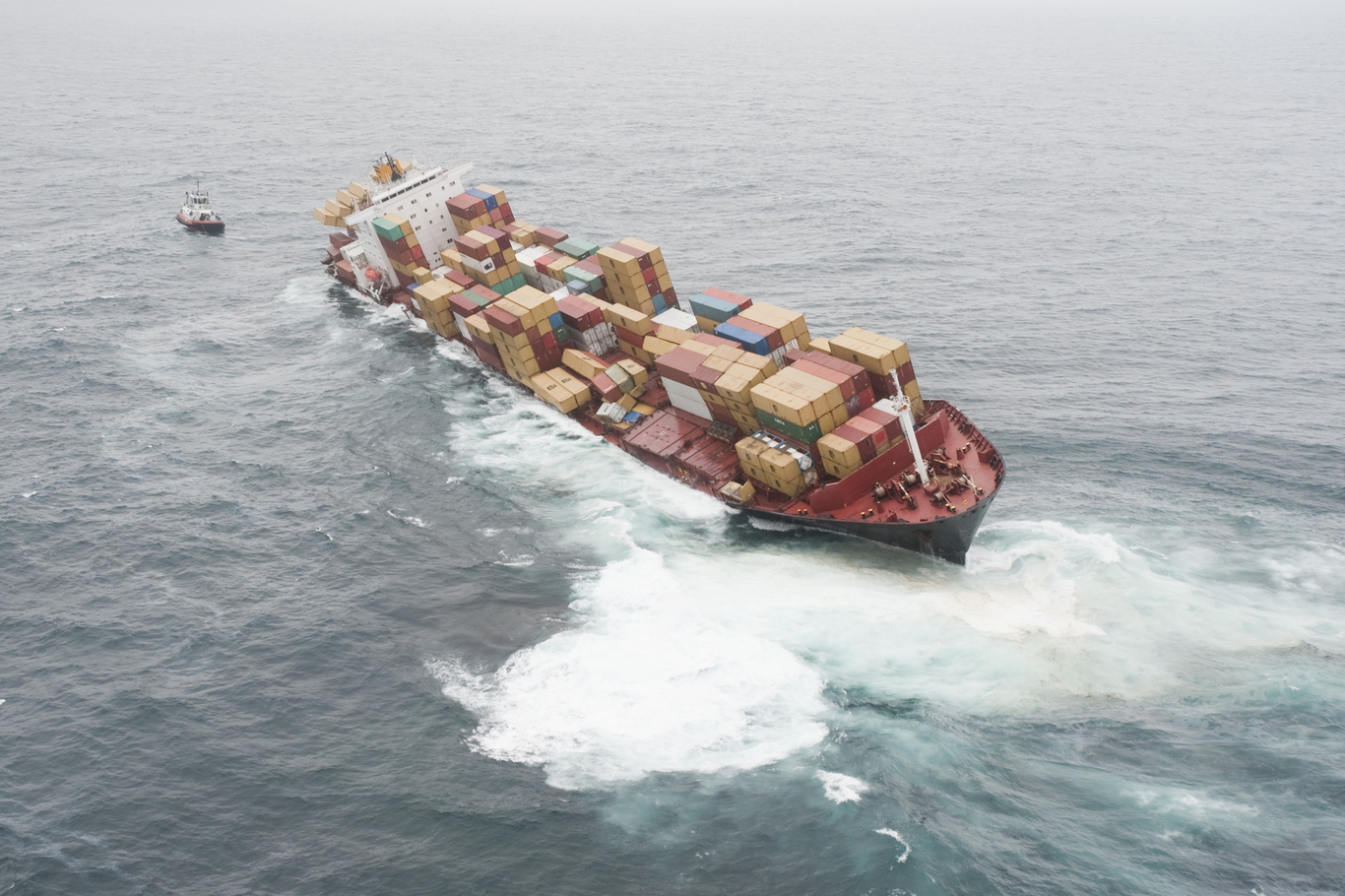Irish exporters are in the midst of a 'full-blown currency crisis'
Ibec is calling for an urgent response from the government.
IRISH EXPORTERS ARE right in the middle of a “full-blown currency crisis”, according to Ireland’s largest business lobby group.
Ibec has published the results of a new survey that has highlighted the intense currency strain on Irish exporters following the Brexit referendum result.
Alongside exchange rate volatility, the other biggest issue local businesses see on the horizon is weaker investor confidence and competitiveness against the UK.
Ibec stated that Irish exporters in the UK market are already suffering from a competitive handicap, while firms in Ireland might lose out to cheaper UK imports that could grab a larger share of the market on the back of the weaker pound.
The organisation’s director of policy, Fergal O’Brien, said if there is not urgent action to address the competitiveness pressures, thousands of Irish jobs and hundreds of millions of euro worth of exports would be lost.
“This is now a full-blown currency crisis. For exporters, the speed of sterling’s decline is on a par with the 1992 currency crisis,” he said.
“Irish exporters to the UK are already 15% less competitive and things could get much worse. The problem demands urgent government attention.”
Other key survey results include:
- 24% – Irish exporters that have hedging arrangements or forward trade contracts in place
- 9% – The number of Irish businesses with a Brexit contingency plan in place.
 Ibec's Fergal O'Brien
Ibec's Fergal O'Brien
O’Brien added that the government needs to be prepared to go toe to toe with the UK when it introduces aggressive tax and investment policies after it actually leaves the EU.
He added that the government’s response package should include an employment support fund for businesses severely affected by Brexit and a focus on policy to address cost competitiveness. This would ensure businesses are protected from increases in electricity caused by public service levies and rising insurance costs.
Bad news for Agriculture
Ibec also highlighted that the Irish agricultural sector, which is particularly reliant on the UK for exports, will be significantly affected by further problems among exporters.
The group’s analysis showed the trends between fluctuations in the exchange rate and agri-food exports, with a 1% weakness in sterling causing a 0.7% drop in Irish exports to Britain.

If there was a further weakening in the exchange rates and the euro reached £0.90, the losses in food exports could amount to €700 million and over 7,000 Irish jobs could be lost.
Figures from Bord Bia show that the UK was the main destination for Irish agri-food exports during last year. Two-fifths of all agri-goods were shipped to Britain, with food and drinks exports valued at between €4 billion and €5 billion annually.





